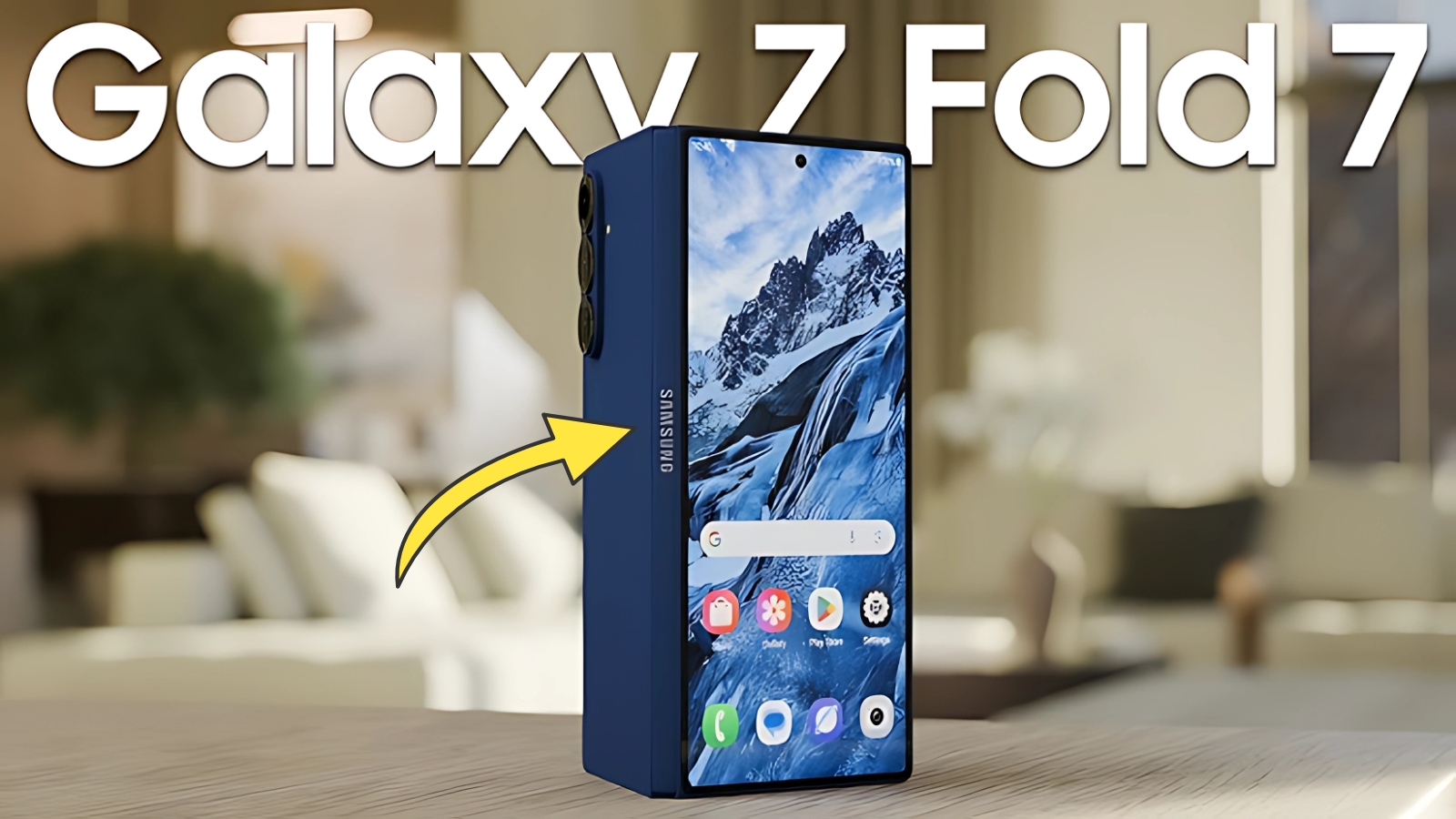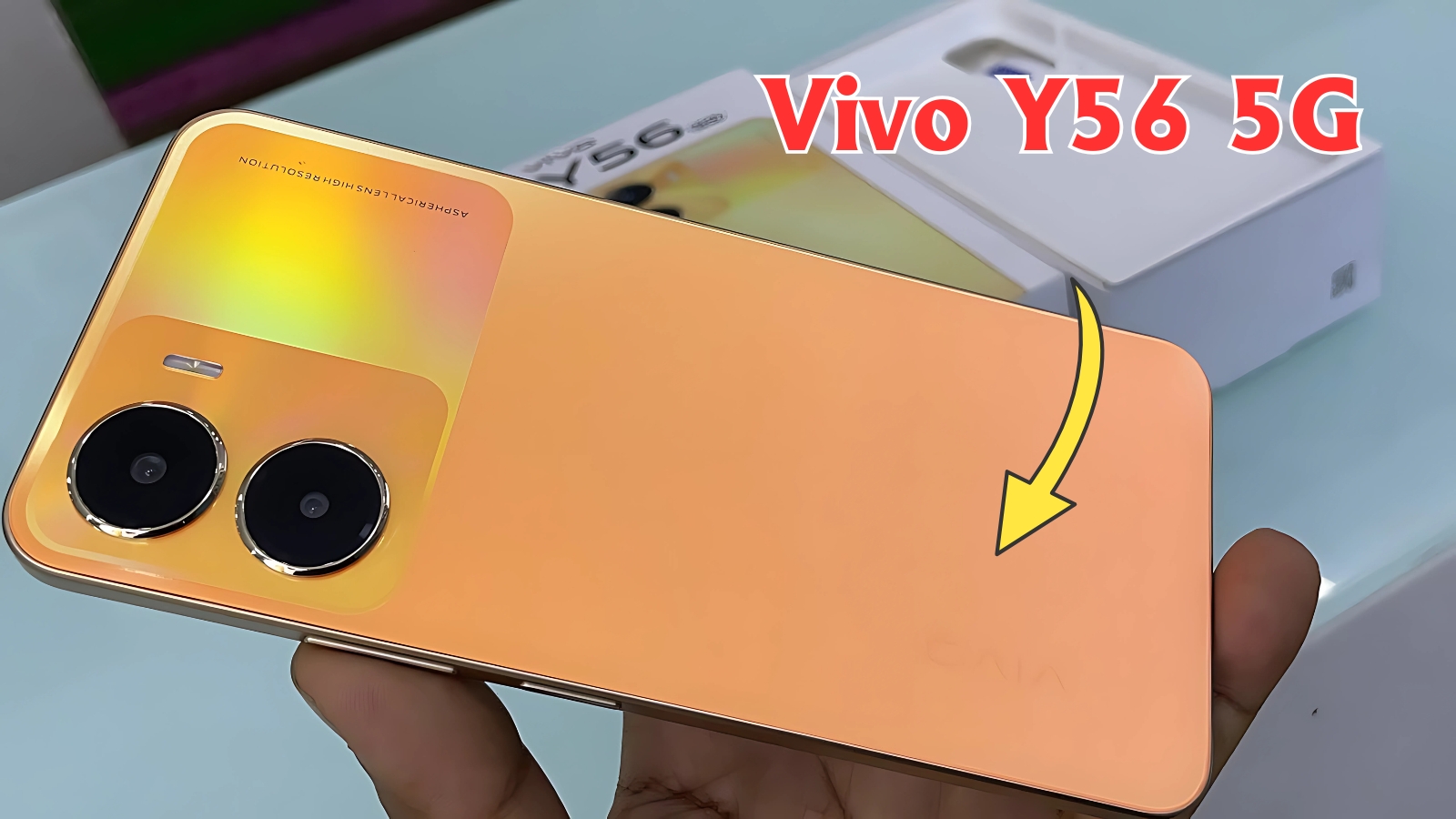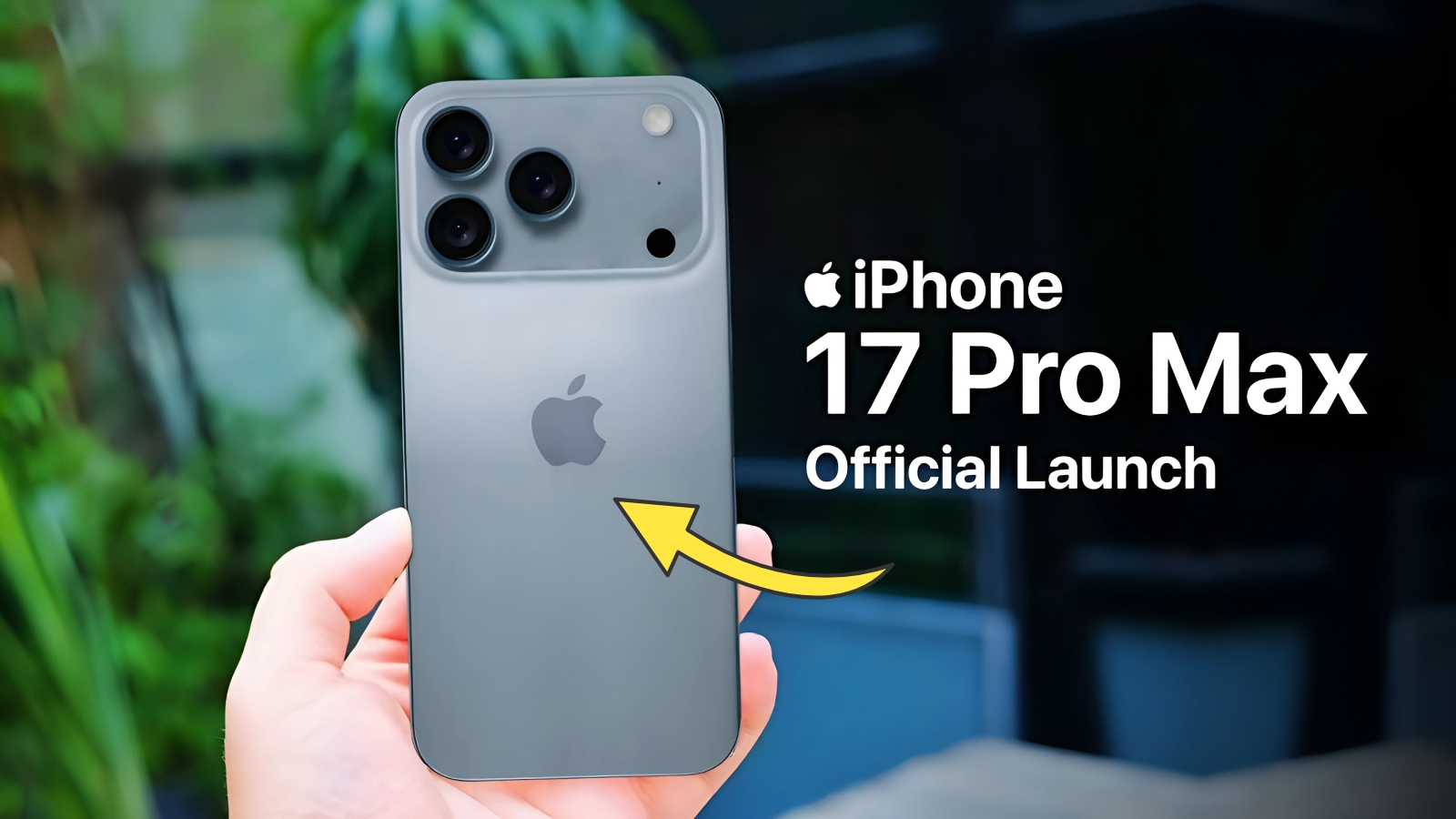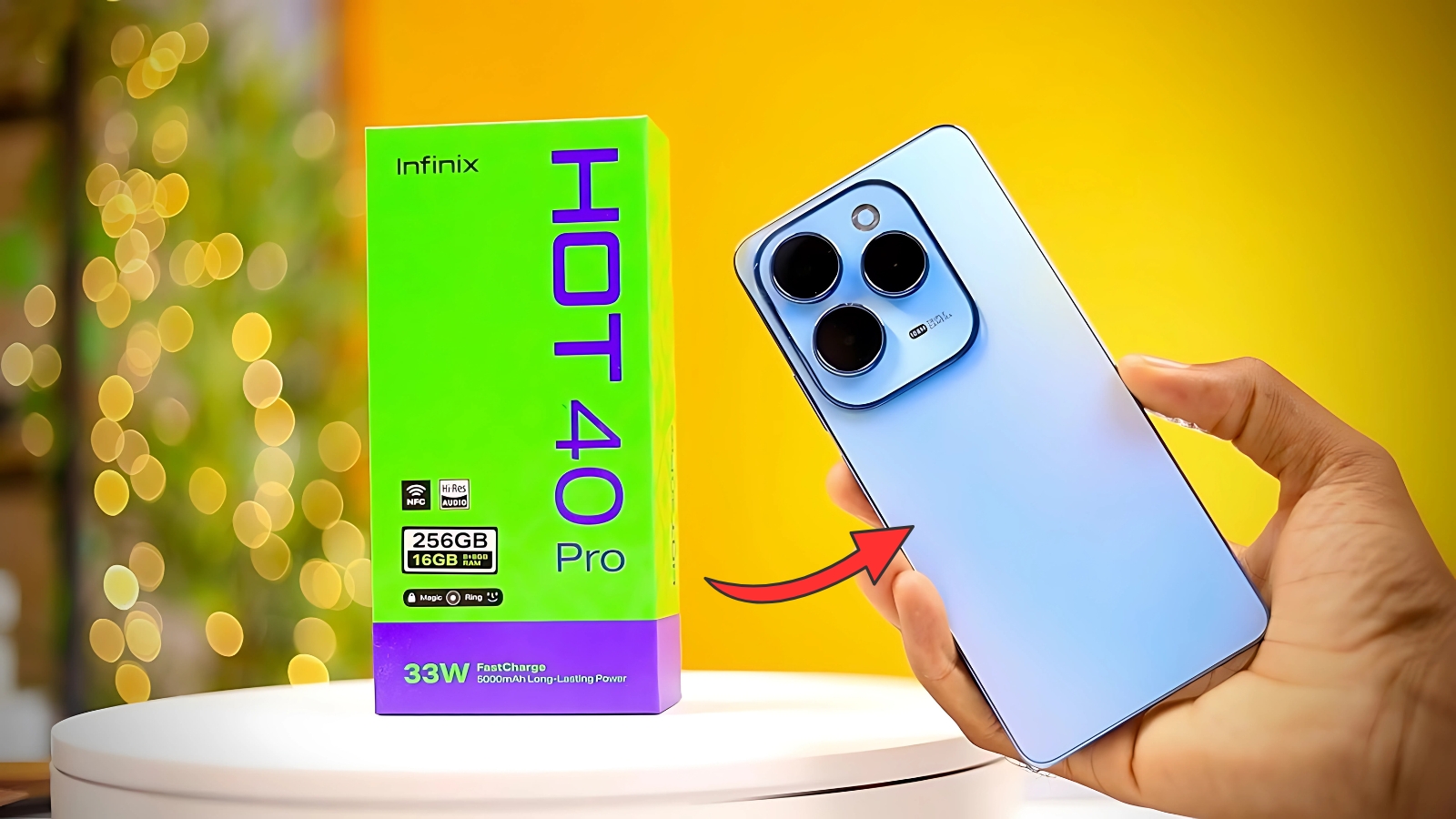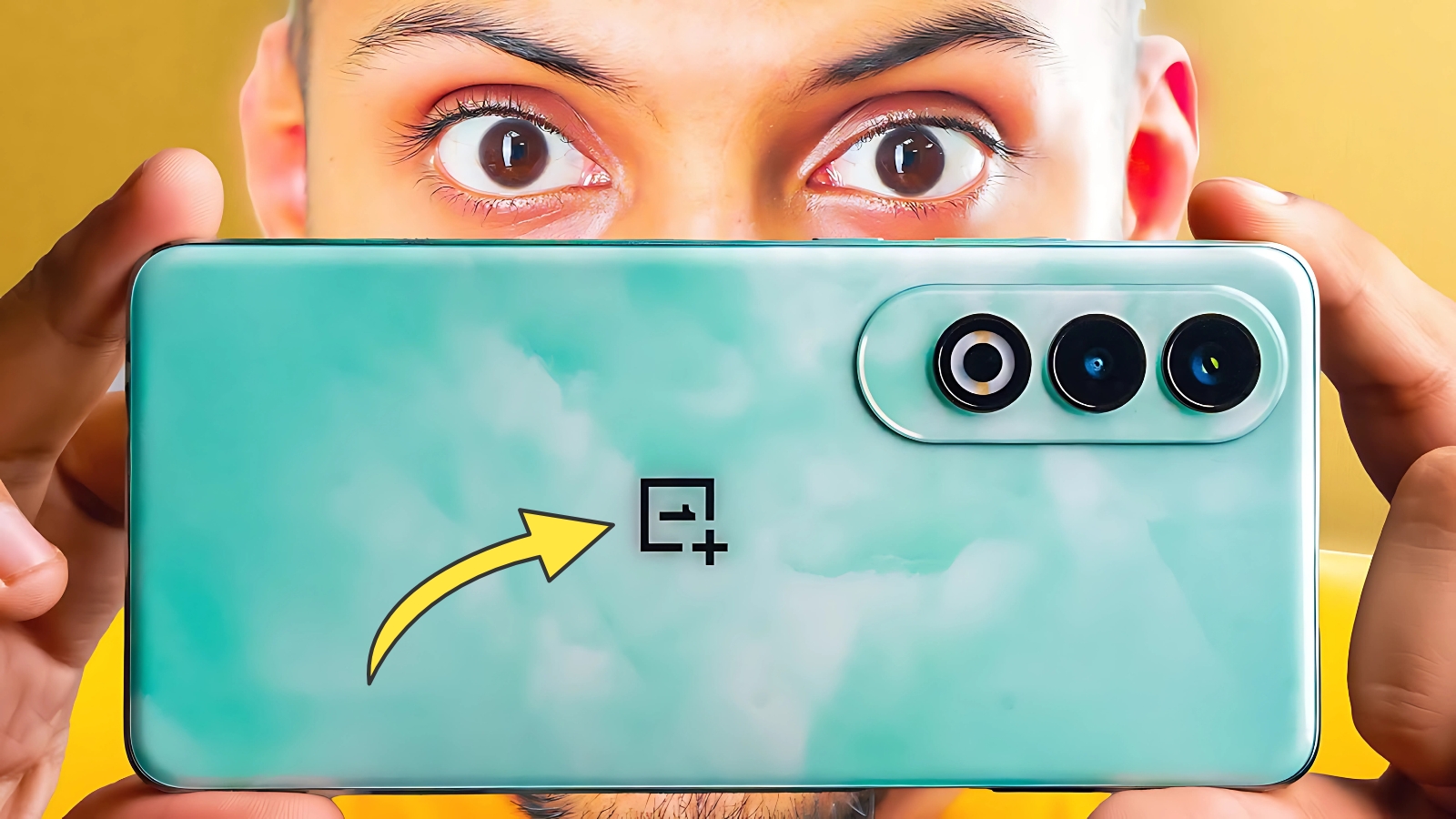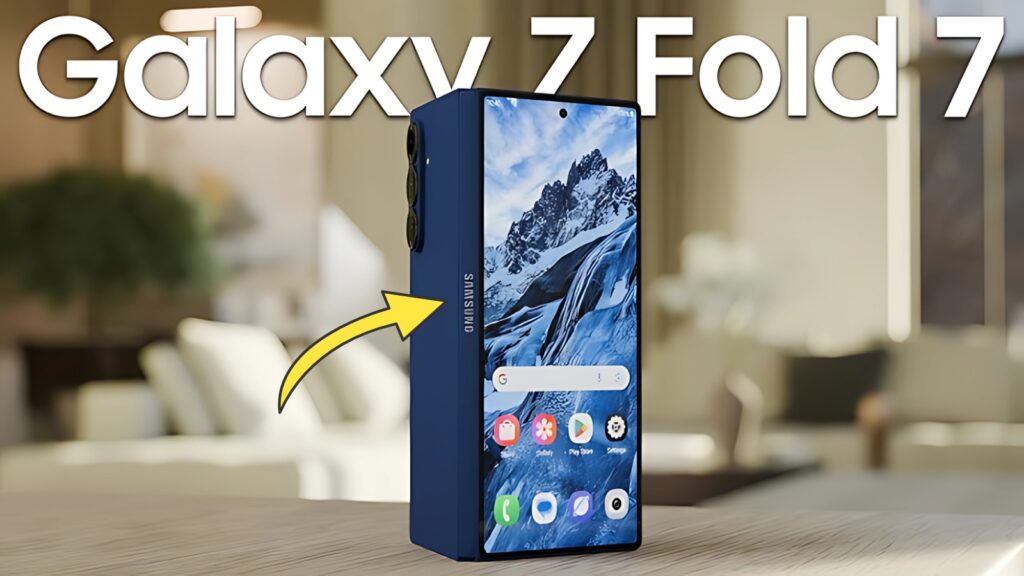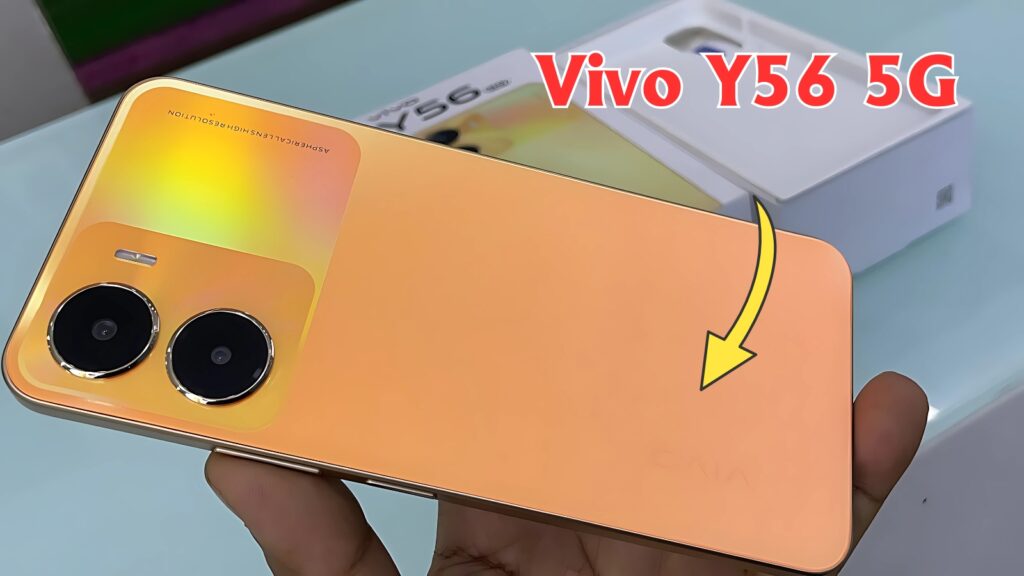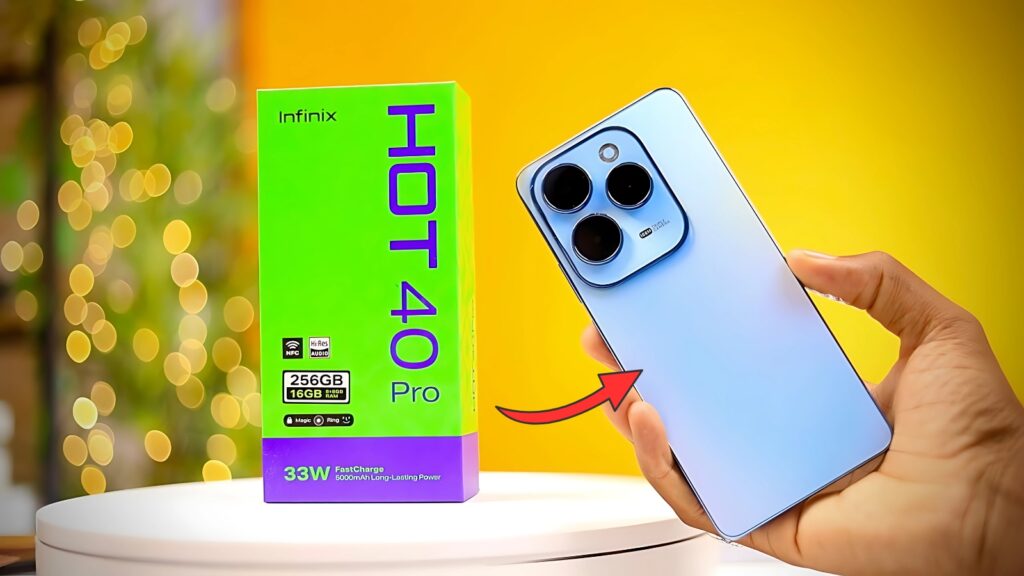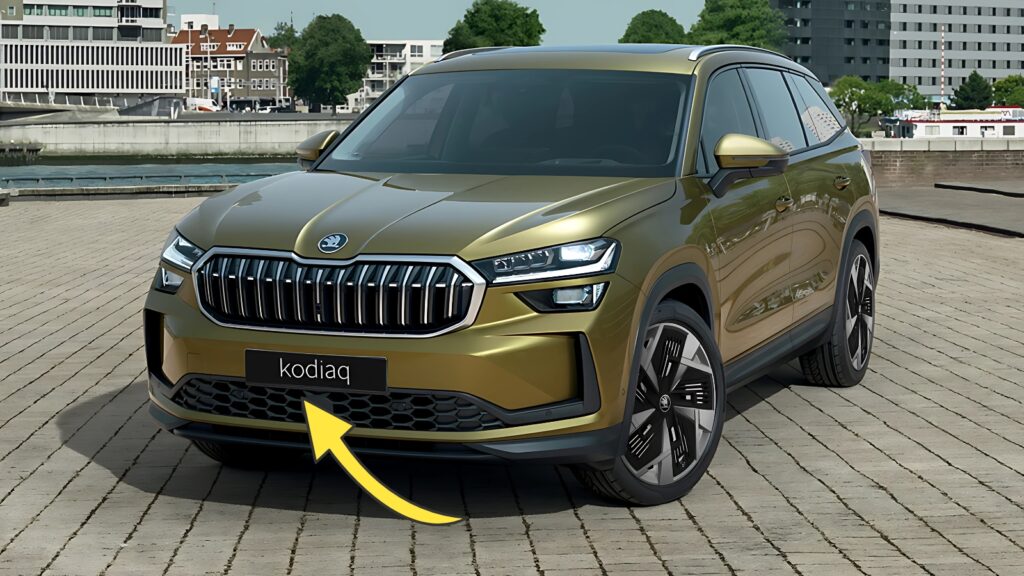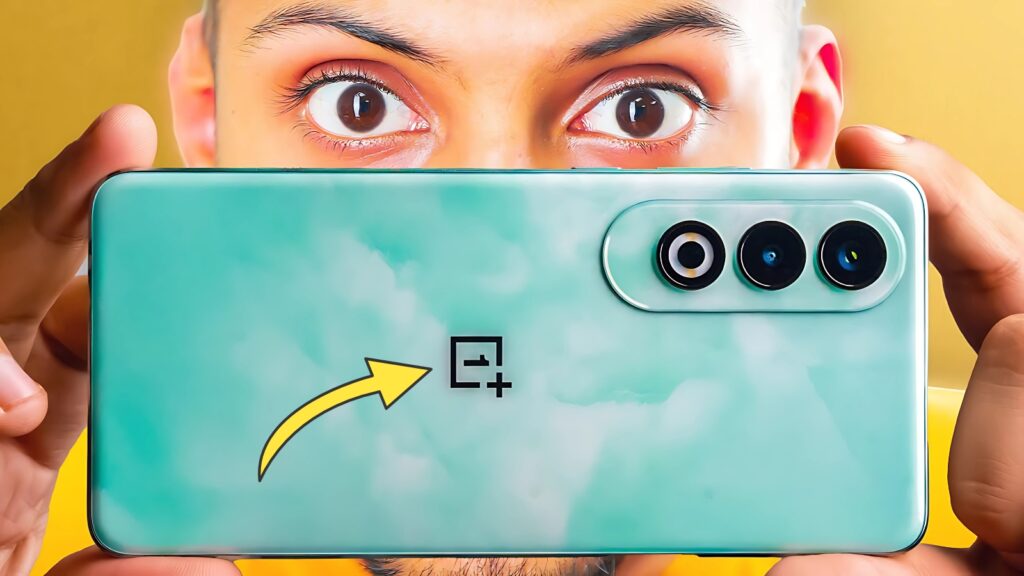BSNL 5G smartphone: India’s state-owned telecommunications giant Bharat Sanchar Nigam Limited continues making waves across the country as it prepares for its most ambitious technological leap yet. With 5G services on the horizon and persistent rumors about company-branded smartphones, millions of users are eager to understand what’s real and what’s merely speculation in BSNL’s evolving story.
Network Expansion Takes Center Stage
BSNL has officially confirmed its 5G launch timeline, with services expected to roll out in 2025 following successful network trials across 3.6 GHz and 700 MHz frequency bands. The announcement came directly from Union Minister of Communications Jyotiraditya Scindia, who outlined the company’s strategic roadmap for nationwide connectivity enhancement.
The telecommunications provider has been working systematically toward this goal. Currently, BSNL has installed 90,000 4G towers, with 76,000 already commissioned, targeting 100,000 towers by July 2025. This infrastructure foundation will serve as the backbone for the eventual 5G transition, demonstrating the company’s methodical approach to network modernization.
What makes BSNL’s 5G deployment particularly noteworthy is its commitment to indigenous technology. The Indian government has ruled out foreign participation in BSNL’s 5G deployment, with officials emphasizing the development of homegrown core and RAN technology. This strategic decision positions India among select nations with comprehensive domestic 4G and 5G capabilities.
Timeline and Technical Specifications
According to media reports, BSNL is preparing to launch 5G services by Sankranti in 2025, though the company maintains that full deployment will occur only after 4G network stabilization meets quality benchmarks. Minister Scindia confirmed that BSNL will switch to 5G technology only after its 4G network is fully stabilized and meets service quality standards.
The technical architecture reveals impressive planning. To deliver 5G SA services, BSNL will utilize the 900 MHz and 3.3 GHz spectrum bands, initially targeting 100,000 subscribers with plans to introduce 5G Fixed Wireless Access services. This phased approach ensures sustainable growth while maintaining service quality standards.
Testing phases have shown promising results. The 5G trials, conducted in collaboration with the Center for Development of Telematics and local manufacturers, demonstrated successful use of domestically sourced equipment and solutions. These trials took place across three strategic locations in New Delhi, providing valuable insights for the broader rollout strategy.

Smartphone Rumors Debunked
While BSNL’s network expansion generates legitimate excitement, rumors about company-branded smartphones have created unnecessary confusion. Social media speculation about a BSNL 5G smartphone featuring a 200MP camera and 7000mAh battery prompted the company to issue official clarifications, stating these rumors are completely false.
BSNL’s official statement emphasized that the telecom company has no plans to launch any smartphone and warned customers to stay vigilant against fraudulent attempts to exploit them with fake promises. The company specifically cautioned users against scams requesting money in exchange for non-existent devices.
These clarifications highlight the importance of relying on official channels for accurate information. While various websites continue displaying speculative smartphone specifications and pricing, none represent genuine BSNL announcements or partnerships.
Market Position and Growth Strategy
BSNL’s revival story extends beyond technological upgrades. The company is targeting a 20% market share by the end of 2024, with the government setting a new target of 25% by end-2025. This ambitious goal reflects confidence in the company’s transformation strategy and infrastructure investments.
Recent market dynamics have favored BSNL’s positioning. Following tariff increases by private operators, many consumers have reconsidered their telecom choices, finding BSNL’s cost-effective plans increasingly attractive. This trend has contributed to renewed interest in the state-owned provider’s services and future offerings.
The company’s approach emphasizes service quality alongside affordability. BSNL has confirmed no plans for tariff increases at present, providing relief for users considering switches from private operators after recent price hikes. This pricing strategy, combined with network improvements, positions BSNL competitively in India’s evolving telecom landscape.
Indigenous Technology Focus
BSNL’s 5G journey represents broader national technological ambitions. The Modi government has emphasized that BSNL’s 4G and 5G networks will be entirely indigenous, with TCS and Tejas Networks collaborating to develop necessary technology and infrastructure. This partnership demonstrates India’s commitment to technological self-reliance in critical infrastructure sectors.
The indigenous approach offers multiple advantages. Beyond reducing foreign dependencies, it creates opportunities for domestic technology export and positions India as a credible alternative in global telecom equipment markets. Officials noted that India now belongs to a select group of countries with homegrown 4G/5G capabilities and aims to compete globally with its telecom solutions.
Skoda Kodiaq launched with full luxury features, engine is powerful
BSNL 5G smartphone Future Implications and User Benefits
As BSNL progresses toward 5G deployment, users can expect significant service improvements. The company has confirmed eSIM service launch by March 2025, particularly beneficial for smartwatch, IoT device, and modern smartphone users with eSIM compatibility. This technological advancement will enhance user convenience and device compatibility.
The broader implications extend beyond individual user experiences. BSNL’s 5G network will support digital inclusion initiatives, particularly in rural and remote areas where private operators may have limited presence. This coverage expansion aligns with India’s digital transformation goals and economic development strategies.
While smartphone rumors persist across social media platforms, BSNL’s actual focus remains on network infrastructure and service quality enhancement. Users seeking 5G-compatible devices should continue relying on established smartphone manufacturers while anticipating improved network experiences once BSNL’s 5G services become operational.
The telecommunications landscape continues evolving rapidly, with BSNL positioning itself as a significant player in India’s 5G future. As deployment timelines approach, users can look forward to enhanced connectivity options backed by indigenous technology and competitive pricing strategies that have defined BSNL’s recent market approach.
